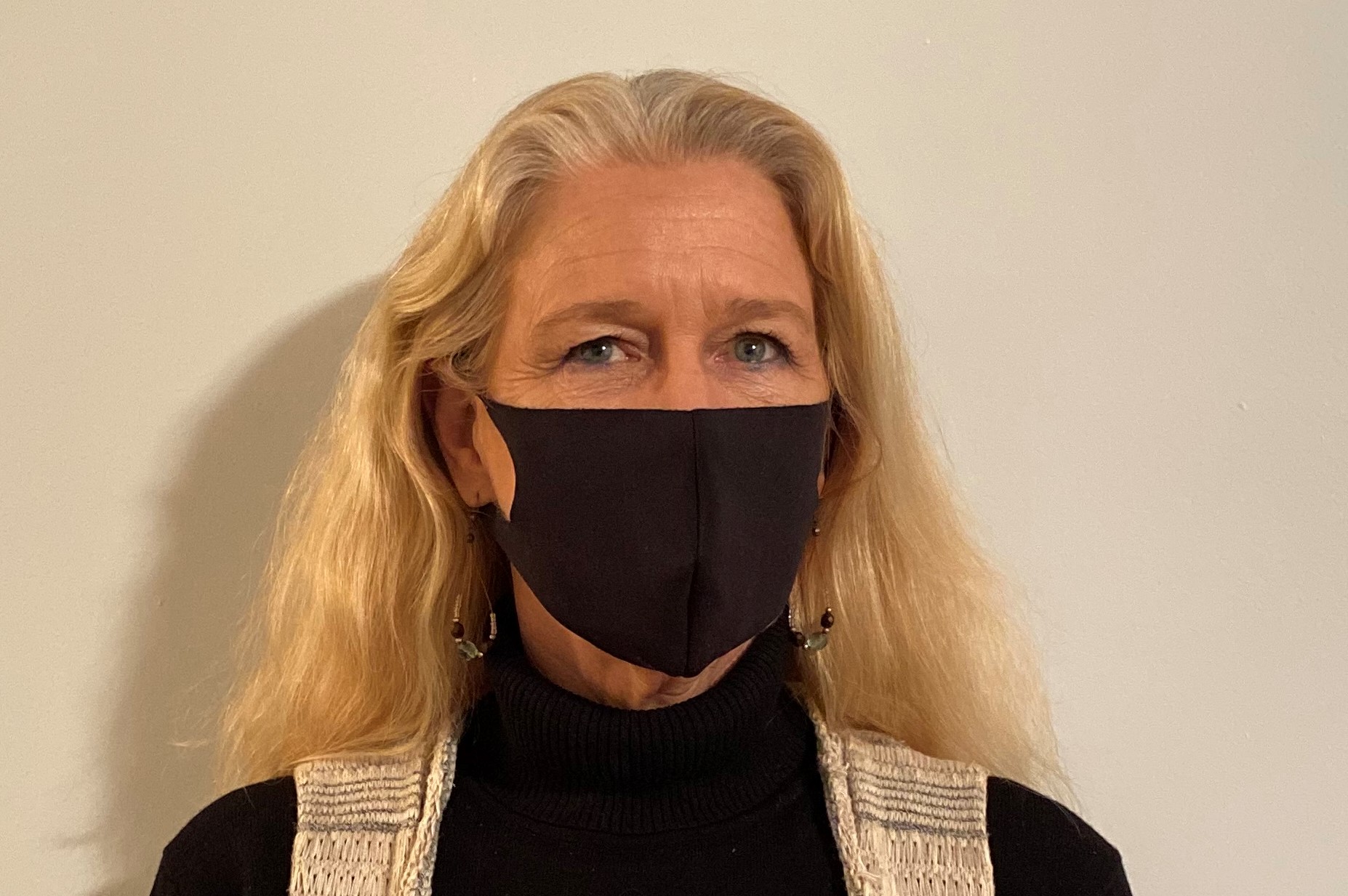Does Nutrition Affect
THE IMMUNE SYSTEM?

Carlin Rafie
WEARING A FACE COVERING, PHYSICAL distancing, and handwashing are not the only ways that people can protect themselves from COVID-19 and other illnesses, such as the flu or common cold.
Eating a healthy diet is essential to building a strong immune system so that your body is less susceptible to infections of all kinds, including the coronavirus, said Carlin Rafie, a registered dietitian and professor in Virginia Tech’s College of Agriculture and Life Sciences.
Evaluate your plate
Eat five to nine servings of fruits and vegetables a day, including fresh, canned, or frozen varieties, Rafie said.
“Higher fruit and vegetable consumption is associated with reduced risk of chronic
disease and results in lower infection rates,” she said.
Plant-based diets also are best, which include such foods as whole grains, nuts, and seeds. These foods contain healthy fats and provide vitamin E, in which people are often deficient.
It’s also important to eat dairy or non-dairy alternatives that contain vitamin D every day. Most vitamin D comes from exposure to sunlight.
Rafie also recommends swapping red meat for white meat and eating fish, including such fatty varieties as salmon and trout, at least twice a week.
Vital vitamins and minerals
The majority of people can get all of the required vitamins and minerals in their diet if they choose foods wisely. But there are groups of people who are at risk for nutritional deficiencies and who may need to take vitamin and mineral supplements.
In particular, B vitamins, including vitamins B6, folate, and B12, play specific roles in strong immune system function, Rafie said.
Additionally, another vitamin, vitamin C, is an antioxidant.
“We have pretty strong evidence that supplementation with vitamin C during
the common cold and respiratory infections actually reduces the severity and length of the illness,” Rafie said.
Also, some older adults are deficient in zinc, a mineral that is important to the immune system. Rafie suggests adding zinc as a supplement if deficiency exists.
Vitamin D has been highlighted in the past year as an important vitamin for fighting coronavirus. There are receptors for vitamin D in immune cells, Rafie said, and vitamin D’s actions appear to regulate the immune system’s response.
Research is ongoing to determine if there are benefits of vitamin D supplementation for people with COVID-19, Rafie said.
Anyone considering vitamin or other dietary supplements should first consult a doctor.
Be pro probiotics
About 70 to 80 percent of the immune system is associated with the gastrointestinal or GI tract. That’s why including probiotics, which are good bacteria that keep the gut healthy, in a daily diet is important, Rafie said.
People can find this beneficial bacteria in foods, such as yogurt, buttermilk, and fermented vegetables. Look for live cultures on the food labels. Probiotic supplements are also available. JKB
